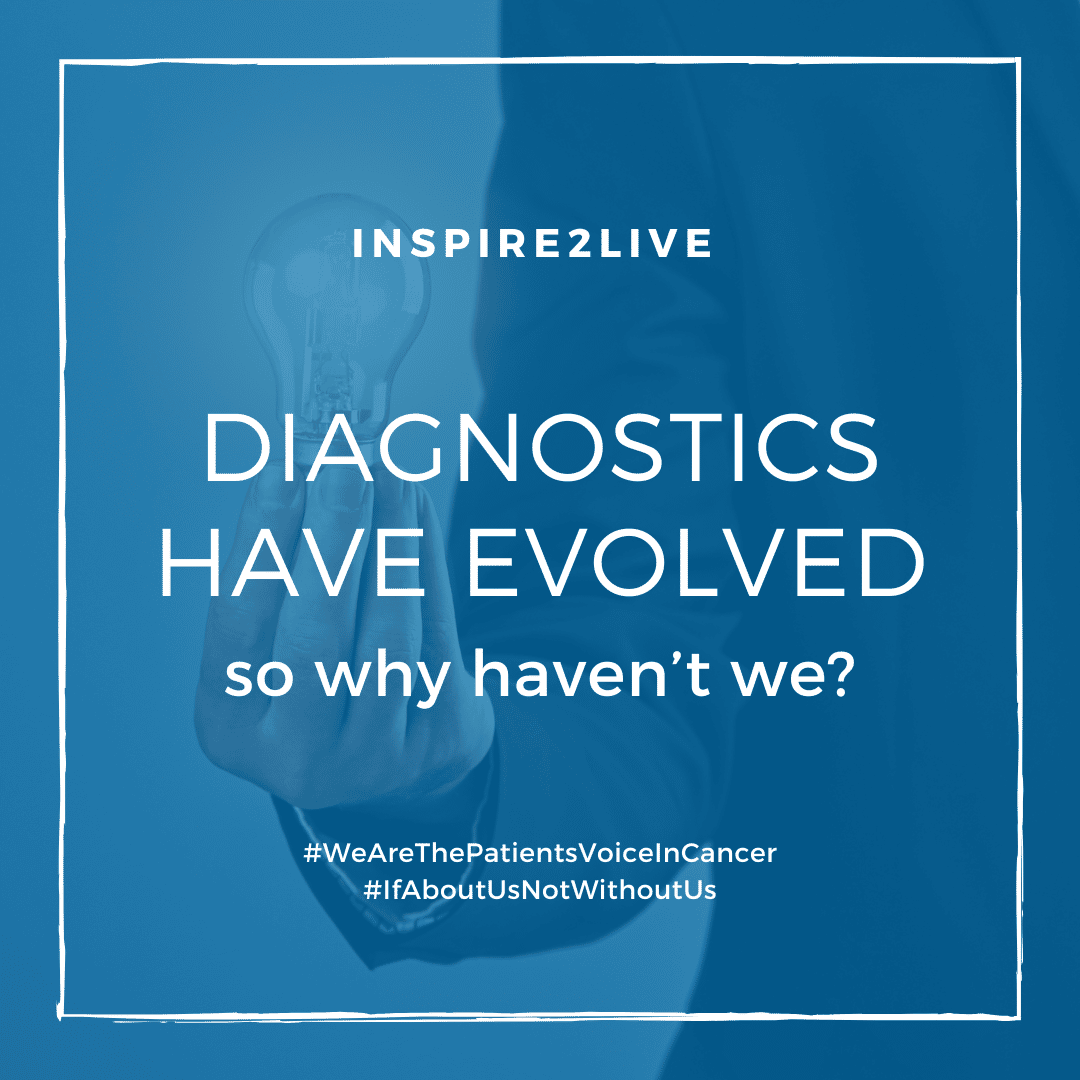Current daily practice shows that most hospitals are struggling to implement new diagnostic techniques. Over and above the fact that we are still using a microscope and a pathology report to diagnose colon cancer, we still seem hesitant to step into the new world which involves working with scientifically proven methods, experimenting with new techniques and “daring to fail”.
Comprehensive tumour tissue sequencing is now at a stage where it can be implemented widely and yet there are many countries and hospitals which are still hesitating. Is there enough science? Yes. Is there enough daily practice? Yes. When you are busy focussing on your own situation, hospital or country, you might have your doubts, even in the knowledge that “inaction kills”.
Inspire2Live supports the combination of state-of-the-art diagnostics with whole genome sequencing (WGS), drug screening and treatment monitoring. After determining all actionable biomarkers using WGS, we propose the ex vivo approach to screen the tumour, with as many different medicines as possible, to see what works and what doesn’t to ensure that the best treatment is prescribed. This is the result of a thorough shared decision-making process between the clinician and the patient using the best and most relevant information available.
This is why we need to monitor the patient and their tumour with “treatment monitoring” i.e. to review the situation after each treatment cycle to check if the latter has been successful. If the tumour has changed, we then need to adapt the treatment via further drug screening.
Is this even an option? Yes. There is already more than enough science that shows that it works. Perhaps ironically, the way we treat patients in standard of care is usually based on statistics yet we seem to lean towards the inferiority principle on the basis that the new methods only work as well as those we are currently using. When we know that 23% of the patient population responds favourably to the new treatment methods, this has to be a wake-up call for us to do better. With WGS, drug screening and treatment monitoring, we know that treatment is more precise than in the old days. Can we already reach a 100% score? No. Survival rates will continue to improve in the next 5 to 10 years, and there is a strong likelihood that they will be perfect 25 years from now, however, this is too late for current patients. They need us to make use of existing personalised medicine techniques, today!
Dare to fail! For the patients’ benefit…
Peter Kapitein
Patient Advocate Inspire2Live

